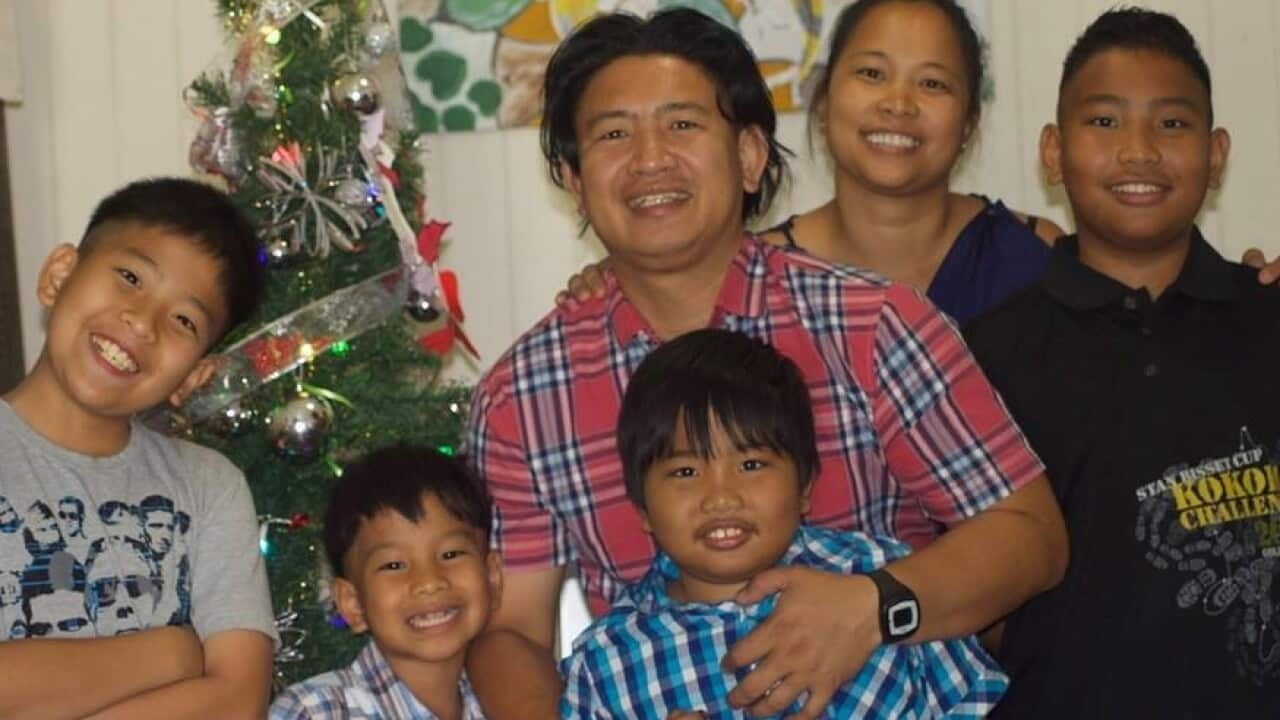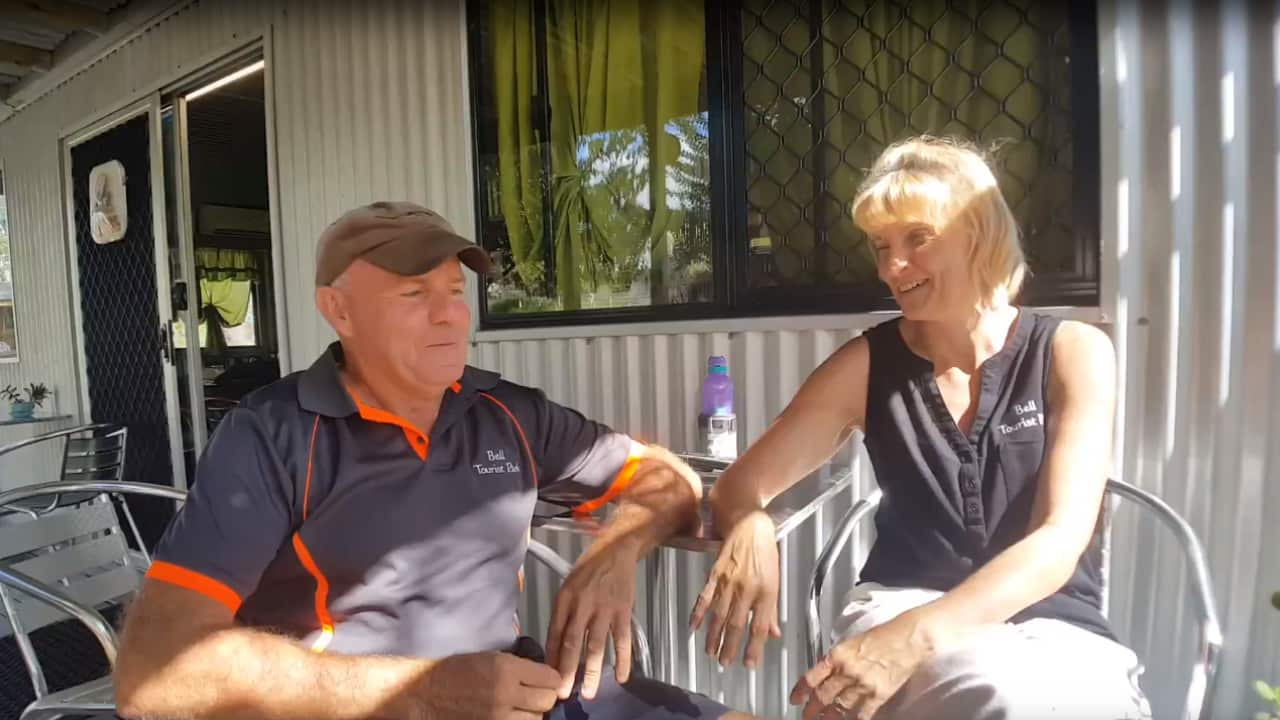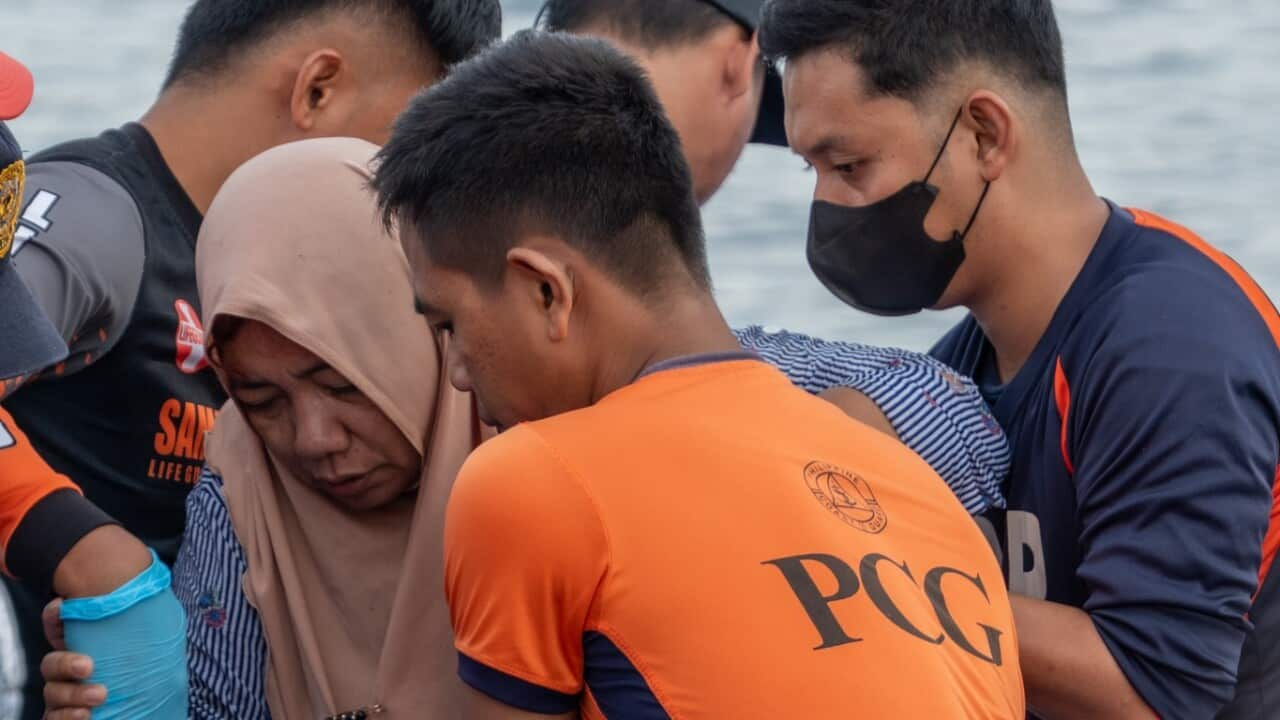Australian Greens Disability spokesperson and senate representative for Western Australia, Senator Jordon Steele-John, is calling on the candidates from the Liberal National and Labor parties, from the Queensland seat of Maranoa, to clarify their positions in regard to the plight of the Custodio family who are at risk of being deported.
The Custodios are a Filipino migrant family living in the rural town of Bell, Queensland. They were denied permanent residency because of a son's autism which “does not satisfy the health requirements” of the federal government’s immigration policy.
"It is now urgently needed that David Littleproud, the local member [for Maranoa], and the Shadow Ministry must now come out and say 'we got this one wrong'," Senator Steele- John said.
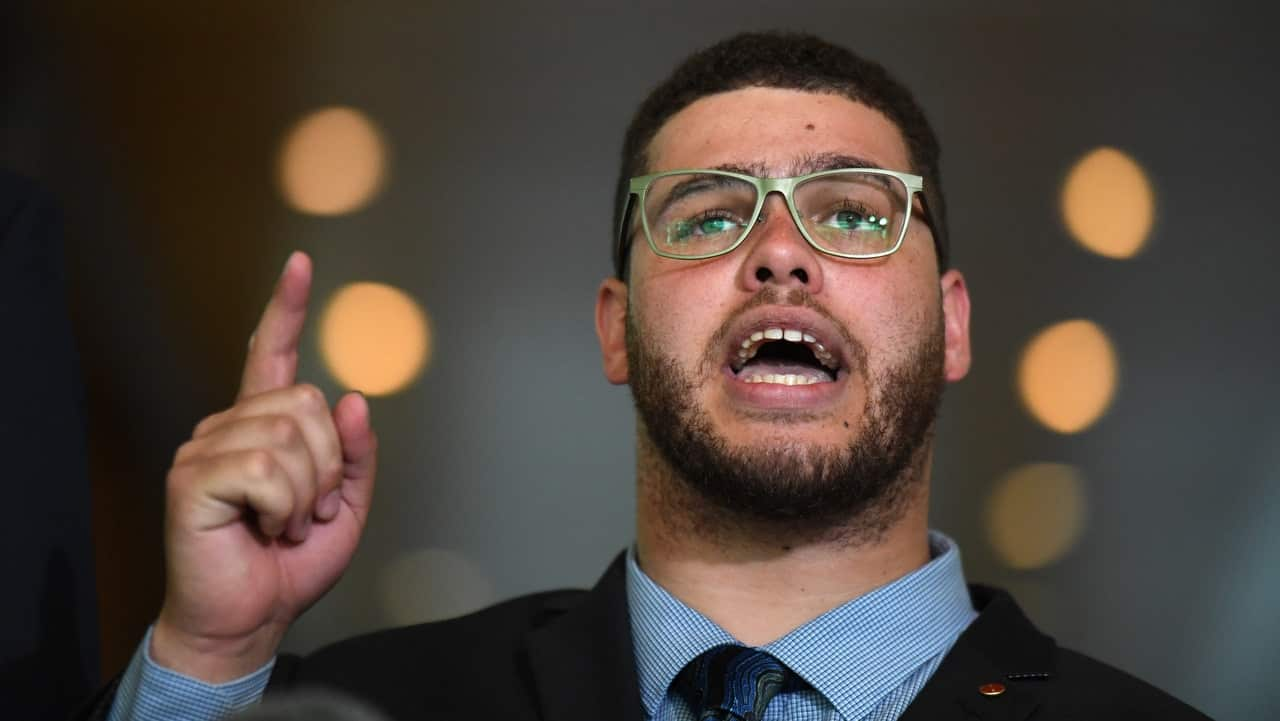
Senator Steele-John previously criticised Australia’s immigration law over the case, calling it ‘outdated’ and ‘discriminatory’ when it comes to disability.
‘One Out, All Out’
Geofrey and Geraldine Custodio and their four sons left the Philippines in 2014 to settle in Bell after Mr Custodio secured a job providing technical services to a local piggery.
The family came to Australia under Mr Custodio’s 457 working visa.
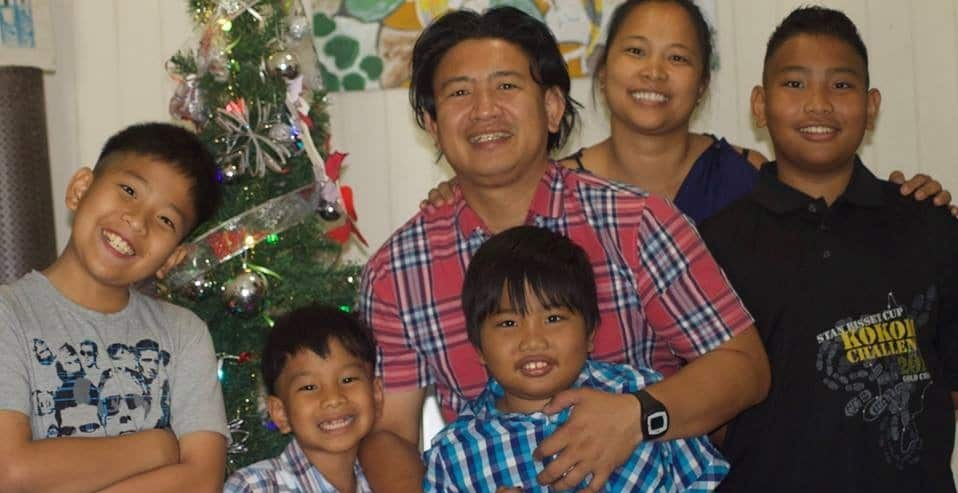
In December 2018, the Department of Home Affairs denied the entire family’s permanent residency application.
They now face the Department’s ‘One Out, All Out’ policy because of the couple’s 11-year old son’s autism, which according to the Department, 'does not satisfy the health requirements' of the federal government’s immigration policy.
The rural Queensland town is part of the large Maranoa electorate held by the Federal Minister for Agriculture David Littleproud who has repeatedly highlighted "the massive skills shortage, particularly in rural and regional areas".
Migration Act: A Pandora’s box
According to Mr Steele-John, the lack of response about the Custodio family’s case is indicative of the disinterest in reforming the immigration system.
“I think it speaks to the kind of pact of silence that the two major parties have when it comes to opening the Pandora’s box of our Migration Act," the senator says.
"Neither side wants to face the fact that there are many discriminatory elements. Disability is one of the most outrageous parts of them.
“Each of these cases grinds its way through the system. Both sides hoping that they will fall off. But nobody ever wants to truly reform the system to fix the problem permanently because they know once they pull that thread, they have to look at other parts of the Act, too.”
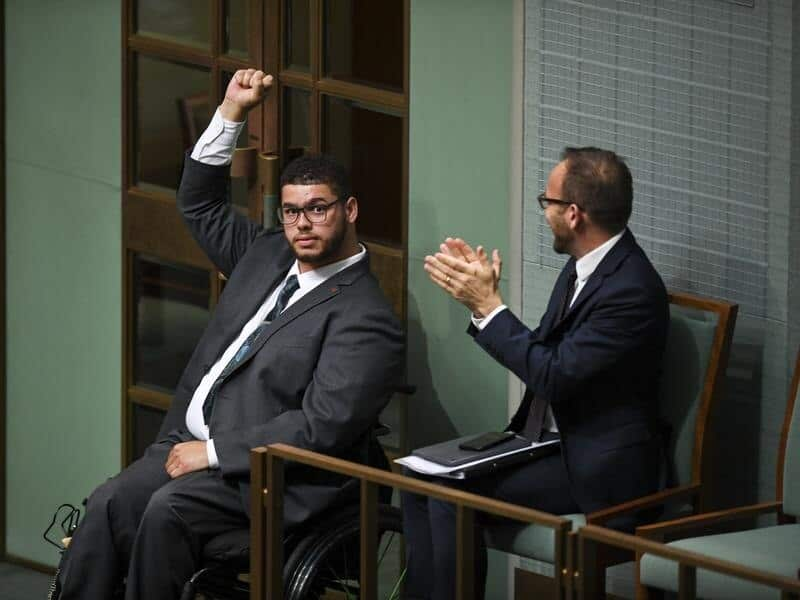
In a written statement, Greens candidate for Maranoa, Emmeline Chidley told SBS Filipino that she “stands with the Custodio family and their fight with the federal government to secure permanent residency".
“We need to rewrite our immigration act to remove any discrimination based on disability so that migrant families like the Custodio’s will never have to endure this kind of shameful and unfair treatment ever again,” she added.
“We need to give migrants the security of knowing that when they come to live in our rural communities they are welcome, their residency is secure, and the positive contribution they bring to our community is valued."
A spokesperson for Mr Littleproud had previously told SBS Filipino that the minister was unable to comment about the case and "would like to respect the confidentiality of the Custodio [family’s case]".
The Division of Maranoa is a southern outback seat that covers 42 per cent of Queensland, an area more than three times the size of the entire state of Victoria. It is known to be a conservative electorate and is a comfortably safe seat for The Nationals.
Mr Steele-John says that the current ordeal that the Custodio family is going through “is a window into how our society thinks about and treats our immigrants and disabled people".
“This family is going through this situation because both sides of politics believe that they could simply ignore these families because they are not major donors and therefore not pose any threat to their campaign."
Inclusive learning and public service costs
Mr Steele-John is calling on the federal government for leadership when it comes to inclusive education.
He stresses the need for the federal and state governments to work together and make a clear choice to uphold the rights of students, “under national and international law, to be educated alongside their peers regardless of their race, gender or disability.”
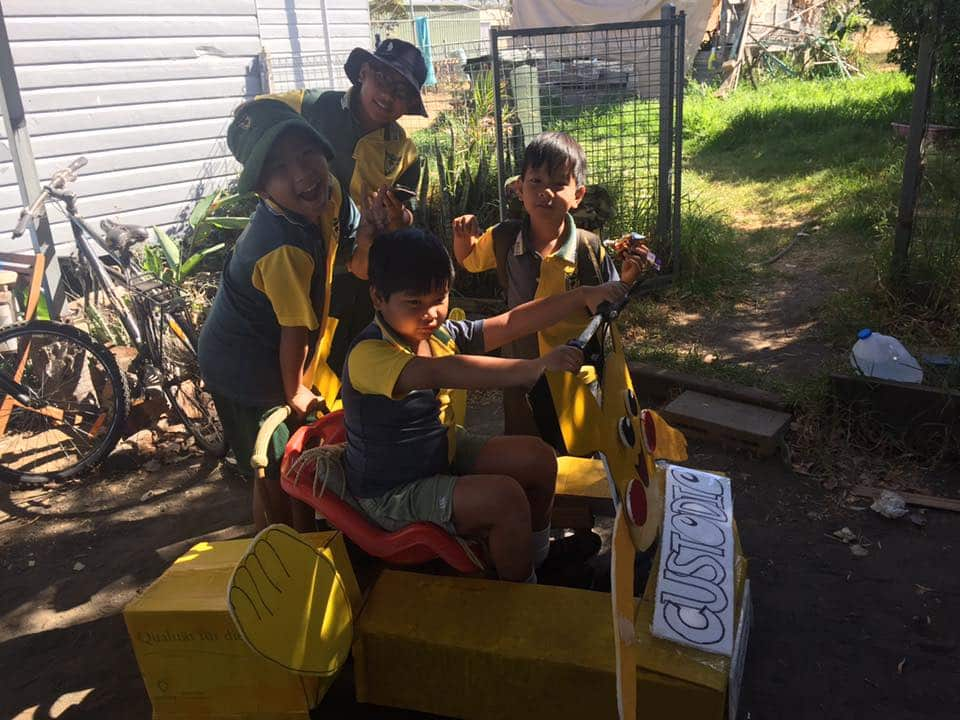
“The absence of mainstream education opportunities for disabled kids is, in many ways, connected to lack of funding. Quite often, it has been found in Queensland that the actual cause is simply the lack of desire on behalf of the school administration to educate disable kids alongside everyone else because of a discriminatory belief that they will hold the rest of the class back.”
Under the federal government’s Specialist Disability Support in Schools (SDSS) Program, approved non-school organisations are provided funding to deliver services in schools around Australia ‘to improve access to and participation in curriculum and the educational outcomes for eligible school-aged students with disability’. Students diagnosed with Autism Spectrum Disorder are eligible to access this service.
In a previous interview, mother Geraldine Custodio told SBS Filipino that “the [Medical Officer of the Commonwealth] estimated that the Australian government would spend roughly $5 million on their son’s ‘treatment’. The government’s benchmark is only $40,000.
“The estimate was quite big. That’s why our [permanent residency] application got denied,” Ms Custodio said.
On its website, the Department says that intellectual impairment and functional impairment are two of the most common conditions that have been identified to affect the health component of a permanent visa application.
In a written statement to SBS Filipino, a spokesperson from the Department of Home Affairs said, “The health requirement is not condition-specific and the assessment is undertaken individually for each applicant based on their condition and level of severity.”
“It is an objective assessment to determine whether the care of the individual during their stay in Australia would likely result in significant costs to the Australian community or prejudice the access of Australian citizens and permanent residents to services in short supply,” the spokesperson wrote.
The Department explained that its current policy ‘does not discriminate against applicants who have a disability or illness, or a combination of both’ and that it treats all applicants in a fair manner.
Bridging gaps
With only a bridging visa issued to them, Geofrey and Geraldine Custodio are now at risk of losing both their jobs and the café business which they have been running in Bell for over four years. The case of the Custodio family has highlighted the contradiction between the government’s immigration policy and its campaign to urge migrant families to work and invest in regional areas.
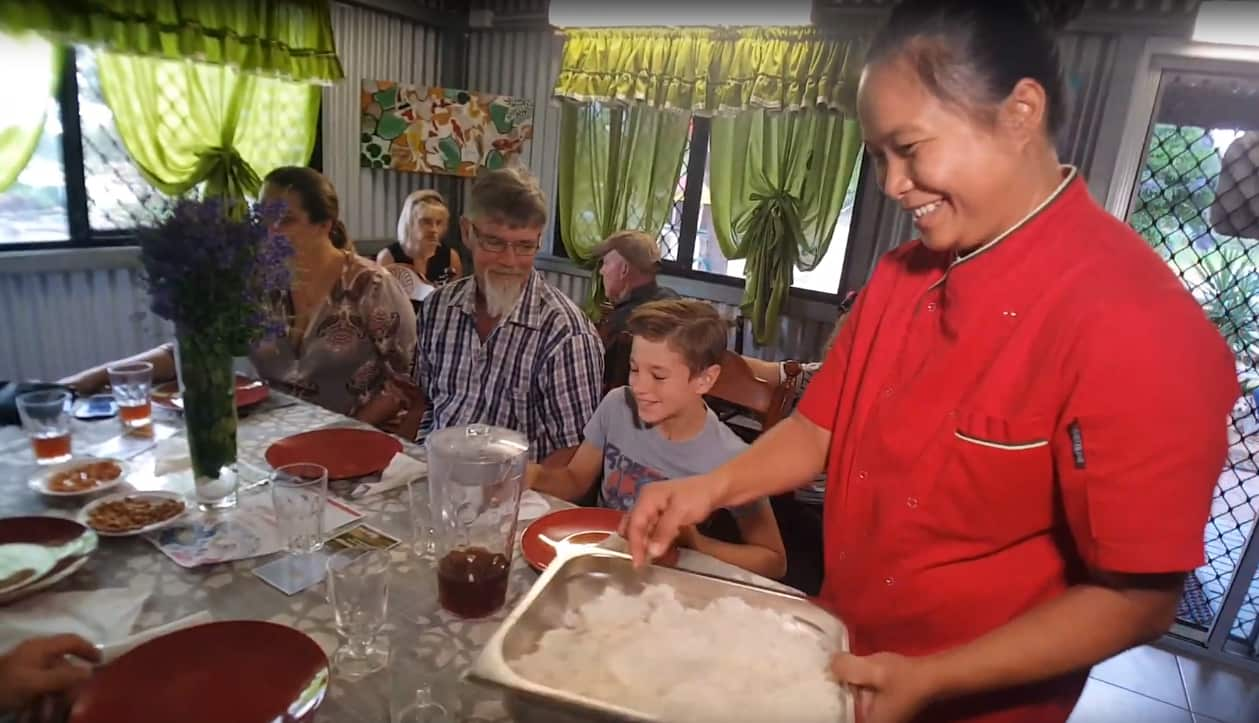
Mr Steele-John is urging the Coalition and Labor Parties to join the Greens in "committing to using ministerial discretion" to expedite similar cases.
“[We need] to urgently move in the new Parliament to reform the Migration Act so this never happens to people again.”
Mr Littleproud was asked to comment on the case of the Custodio family, but declined.
The Labor Party is reportedly preparing a response.
ALSO READ

